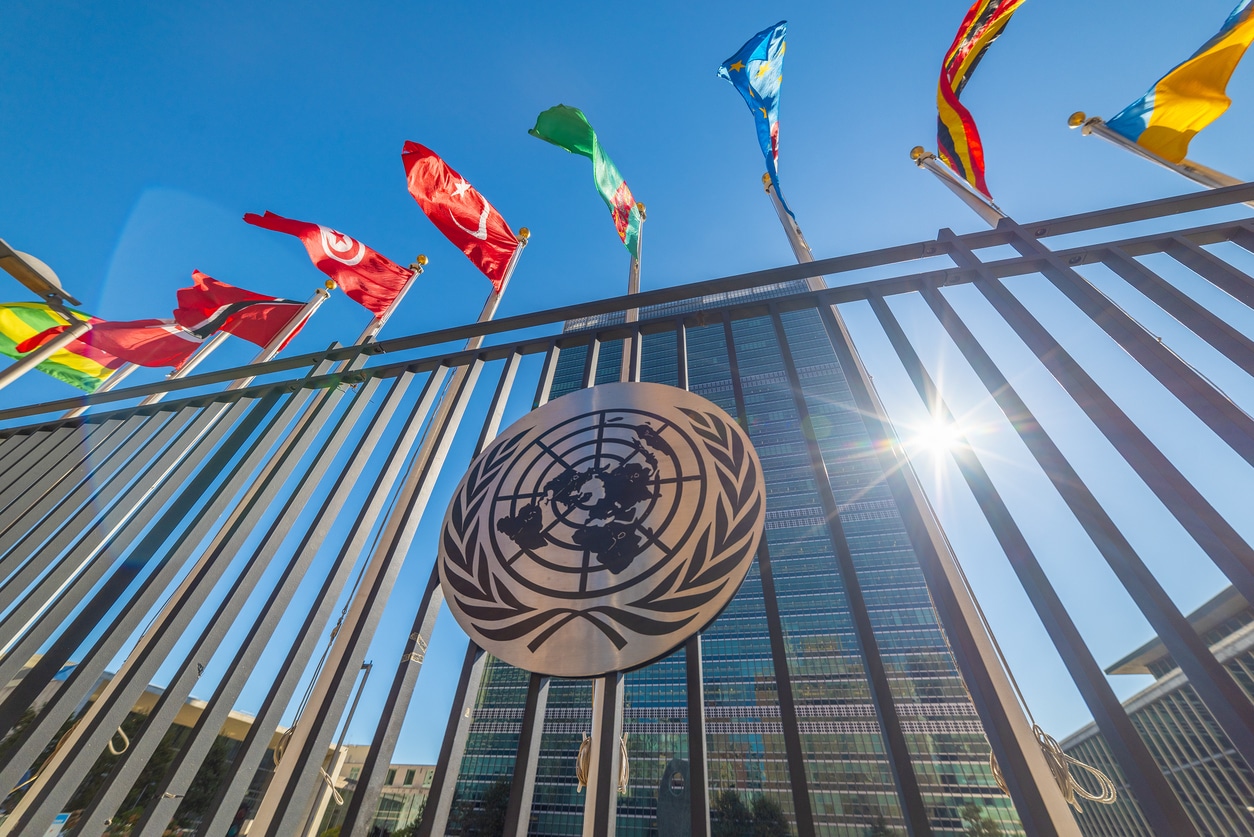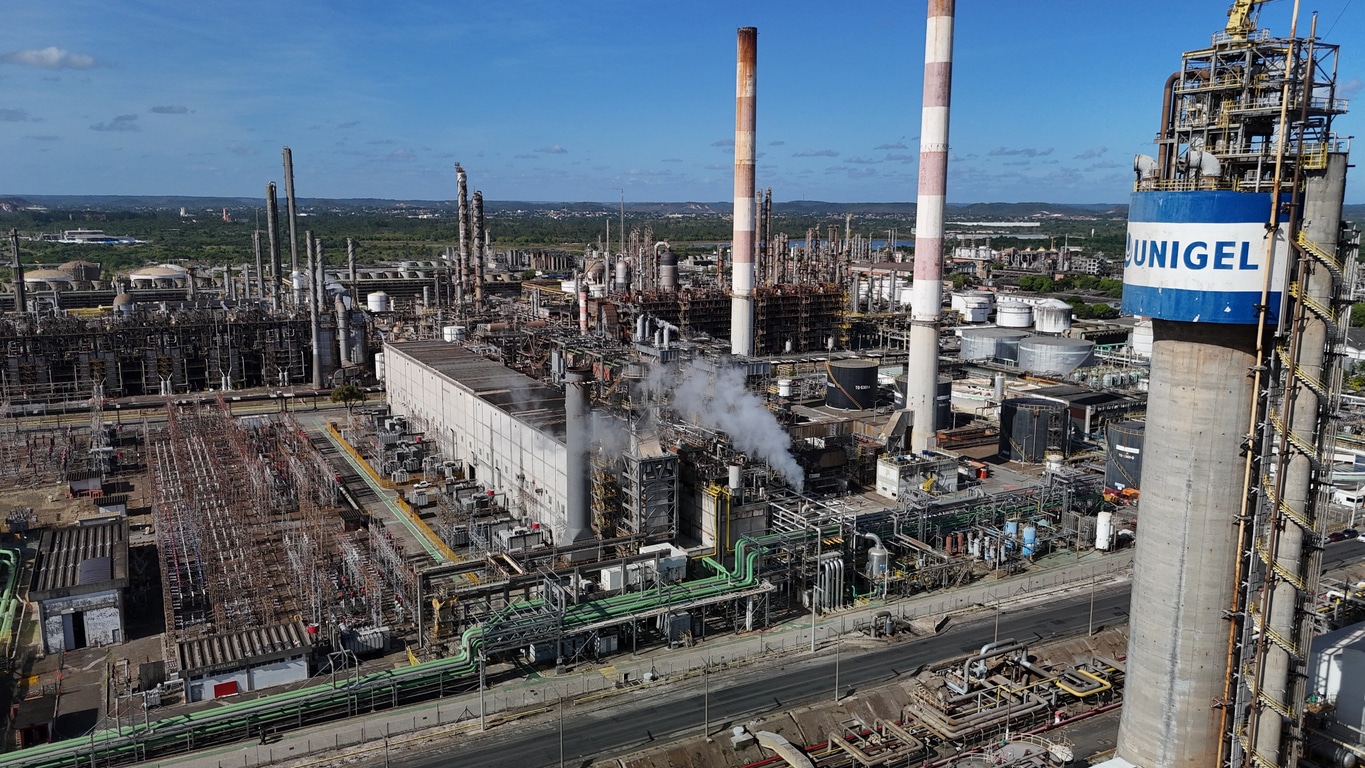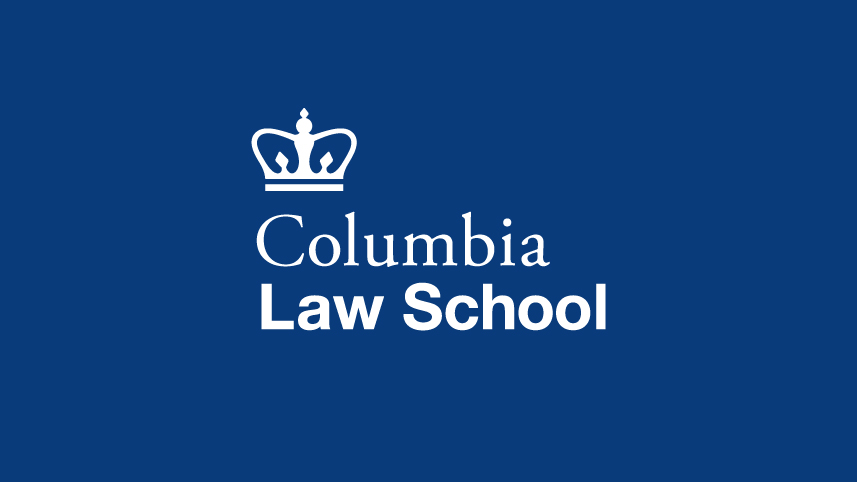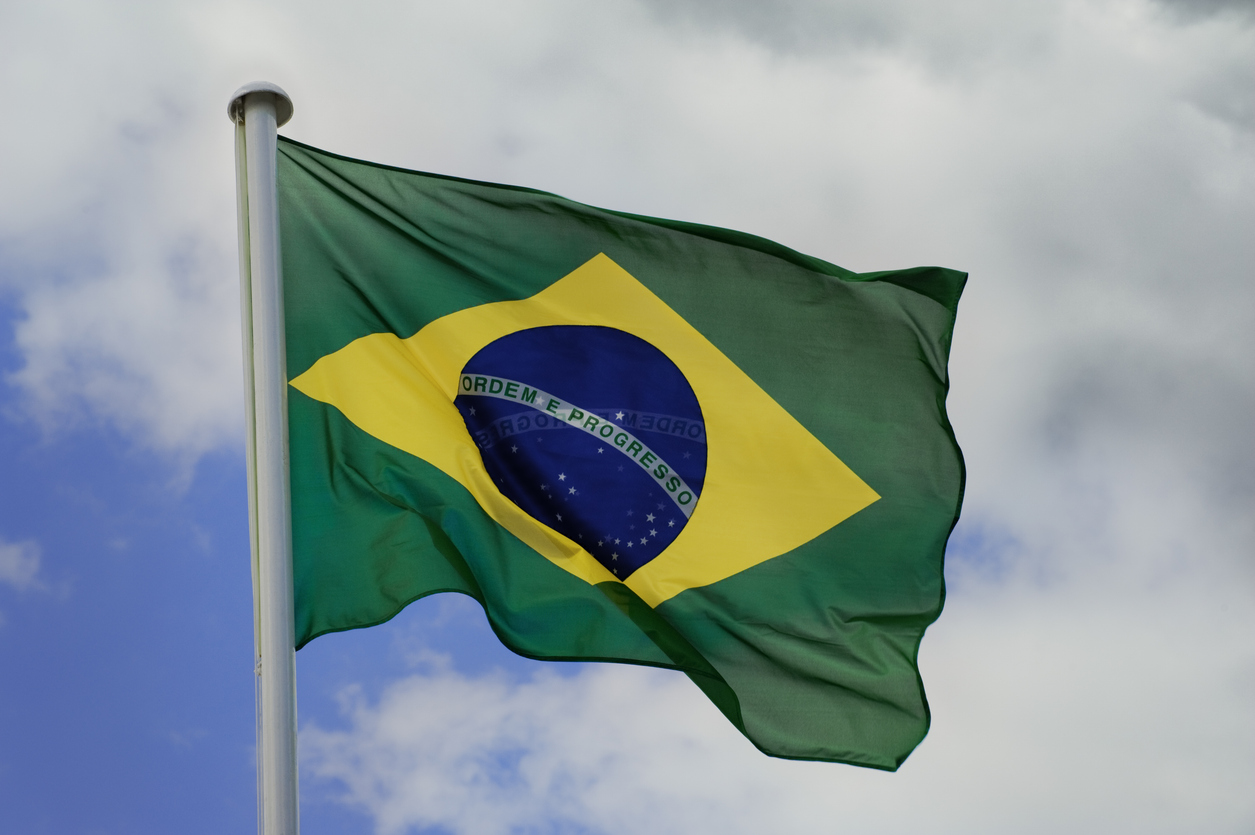U.S. Firm Highlights Power of Whistleblower Laws at International Anti-Corruption Conference
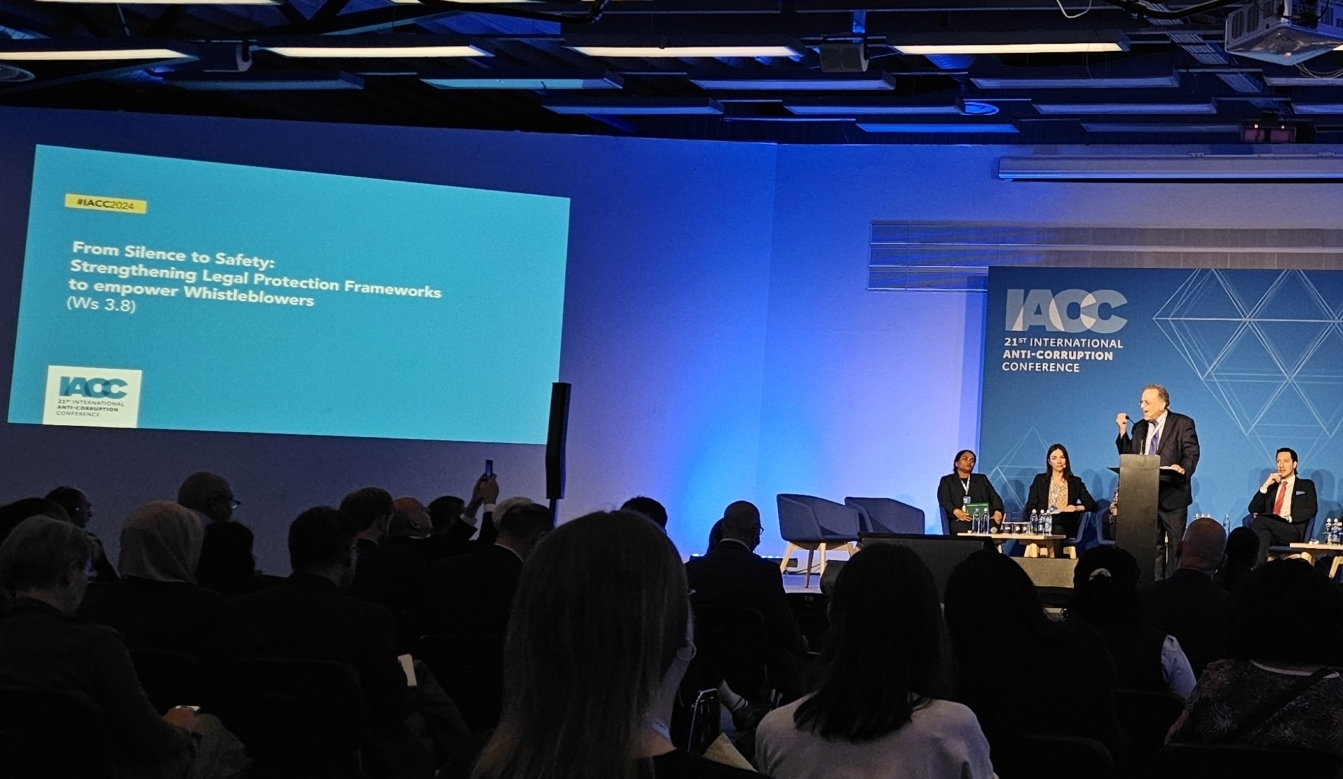
As part of its pro bono efforts to advance whistleblower protections worldwide, Kohn, Kohn & Colapinto staff traveled to Lithuania to participate in the 2024 International Anticorruption Conference (IACC) from June 18-21.
The IACC is the premier global forum for anti-corruption efforts, bringing together government officials, private sector leaders, and civil society to discuss strategies and challenges in the global fight against corruption.
KKC founding partner Stephen M. Kohn, who also serves as Chairman of the Board of the National Whistleblower Center, was a panelist in two sessions: “From Silence to Safety: Strengthening Legal Protection Frameworks to Empower Whistleblowers” and “Anti-Corruption: The New Burden of Proof to Deep Sea Exploitation.”
During the whistleblower panel, Kohn explained that U.S. transnational whistleblower laws provide extraordinary protections. He said, “not only do they shield identities, but they offer unprecedented monetary compensation to whistleblowers whose allegations are verified.”
“Nearly 15 years of empirical evidence has demonstrated that the most powerful corrupt entities in the world can be held accountable based on whistleblower disclosures.”
Kohn called upon civil society leaders in the audience to teach anti-corruption leaders in their respective countries that reporting through the U.S. laws is an option.
“As an anti-corruption community, we cannot sit on the sidelines while whistleblowers are – due to ignorance of the laws – denied their rights, their compensation and the ability to use these laws to effectively fight corruption.”
During the Deep Sea Mining panel, Kohn likewise highlighted that U.S. transnational reward laws may be critical for combatting the dangerous, unchecked corruption in the International Seabed Authorities and in the Deep Sea Mining industry.
Outside the conference venue, Kohn also hosted a workshop “Whistleblower Awards Go Global: How to Use Transnational Anticorruption Laws,” where he provided technical training on how to use the United States transnational whistleblower reward laws in the context of global anti-corruption efforts.
Participants in the training included a delegation of anti-corruption from Mexico and anti-corruption advocates from Costa Rica, Lebanon, the United Kingdom, Switzerland, Bulgaria, Romania, and India.
In addition to preparing for these three sessions, KKC staff attended panels with leading anti-corruption experts, expanding subject-area knowledge on money laundering, fraud in carbon-markets, and risks faced by frontline human rights defenders, among other topics. Whether through panels, pamphletting, or asking engaging questions, KKC advocated for the global adoption of whistleblower best practices and championed the use of US transnational whistleblower laws.
Latest News & Insights
October 22, 2025

